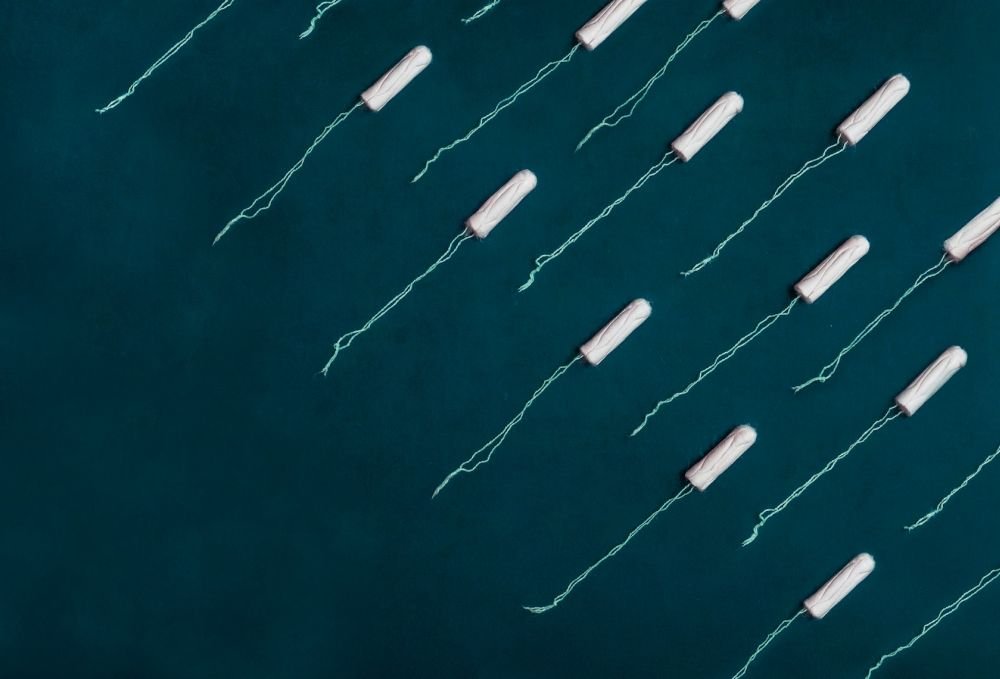
When the duration of the menstrual cycle is less than 26 days, the likelihood of early menopause is higher. This conclusion was made by scientists from Harvard Medical School in the course of observations of 600 women.
Harvard scientists have confirmed that women with shorter menstrual cycles go through menopause, on average, two years earlier than their peers who have normal cycles. A study of 600 women aged 33 to 51 provided invaluable insight into the relationship between menstrual cycle length and the onset of menopause. If the first indicator was less than 26 days, then women, on average, entered menopause at 49 years old. If it was from 26 to 34 days, then menopause occurred at 51 years.
After cancer, women face early menopause
Women with shorter cycles were more likely to report symptoms such as sleep disturbances and heart problems, as well as depression. Scientists believe that age at menopause is generally a good indicator of overall health. But more research is needed on this topic to establish the impact of short cycles on women's well-being.
4 reasons to take cycle failure seriously
Researchers have previously shown that early menopause can shorten a woman's life expectancy, as it changes the hormonal balance, provoking a more rapid decline and thereby increasing the risk of various pathologies, including heart attacks, strokes and arrhythmias. (READ MORE) 
Harvard School of Public Health
Medicine
brings together leading scientists and experts in various disciplines. The goal is to grow a new generation of global health leaders who can effectively promote innovative ideas that improve the lives and health of people on the planet
